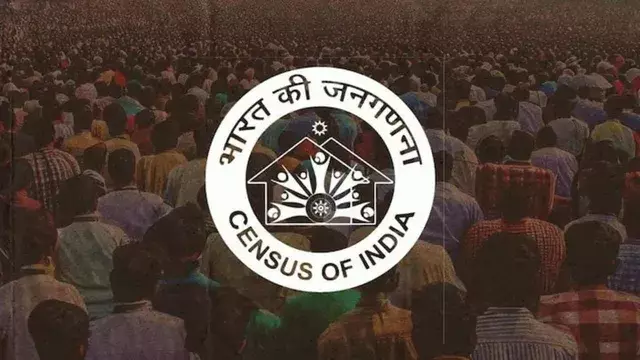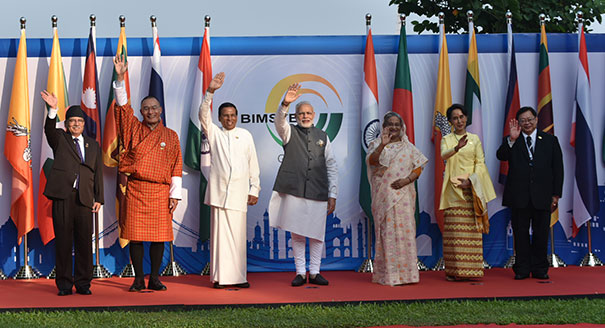- Courses
- GS Full Course 1 Year
- GS Full Course 2 Year
- GS Full Course 3 Year
- GS Full Course Till Selection
- Answer Alpha: Mains 2025 Mentorship
- MEP (Mains Enrichment Programme) Data, Facts
- Essay Target – 150+ Marks
- Online Program
- GS Recorded Course
- Polity
- Geography
- Economy
- Ancient, Medieval and Art & Culture AMAC
- Modern India, Post Independence & World History
- Environment
- Governance
- Science & Technology
- International Relations and Internal Security
- Disaster Management
- Ethics
- NCERT Current Affairs
- Indian Society and Social Issue
- NCERT- Science and Technology
- NCERT - Geography
- NCERT - Ancient History
- NCERT- World History
- NCERT Modern History
- CSAT
- 5 LAYERED ARJUNA Mentorship
- Public Administration Optional
- ABOUT US
- OUR TOPPERS
- TEST SERIES
- FREE STUDY MATERIAL
- VIDEOS
- CONTACT US
Countervailing Duties on 4 Indian Products
Countervailing Duties on 4 Indian Products
16-12-2023
Context:
- Recenly, USA and EU have imposed countervailing duties (CVDs) on 4 Indian products, as a retaliation against the Remission of Duties and Taxes on Export Products (RoDTEP) scheme introduced for outbound shipments in January 2021.
What is the RoDTEP Scheme?
- The RoDTEP (Remission of Duties or Taxes on Export Products) Scheme is designed to support exporters in India.
- The scheme refunds various taxes and duties on exported goods to enhance the competitiveness of Indian goods in global markets.
- This scheme covers both direct and indirect taxes incurred during the manufacturing and distribution of exported products.
What is Countervailing Duty?
- It is a tax imposed on imported goods to offset subsidies made to producers of these goods in the exporting country.
- CVDs aim to create fairness between local and foreign producers. When foreign producers can sell a product cheaper due to government subsidies, CVDs help restore balance.
- WTO’s Agreement on Subsidies and Countervailing Measures (SCM Agreement) allows its member nations to impose these duties as a way to maintain fair trade practices.
- "Subsidy" is defined in the SCM Agreement as a financial contribution by a government conferring a benefit.
- Some subsidies are allowed, while others are prohibited or subject to challenge.
- Prohibited subsidies include certain types of export subsidies and local content subsidies, while actionable subsidies, which can cause injury or nullify benefits, are subject to challenge or countervailing measures.
Who Imposes Countervailing Measures in India?
- Countervailing measures in India are imposed by the Directorate General of Trade Remedies (DGTR) under the Ministry of Commerce & Industry,
- It oversees trade remedial measures like countervailing duties, anti-dumping duties, and safeguard measures.
- It conducts independent investigations and provides recommendations to the Central Government on these measures.



